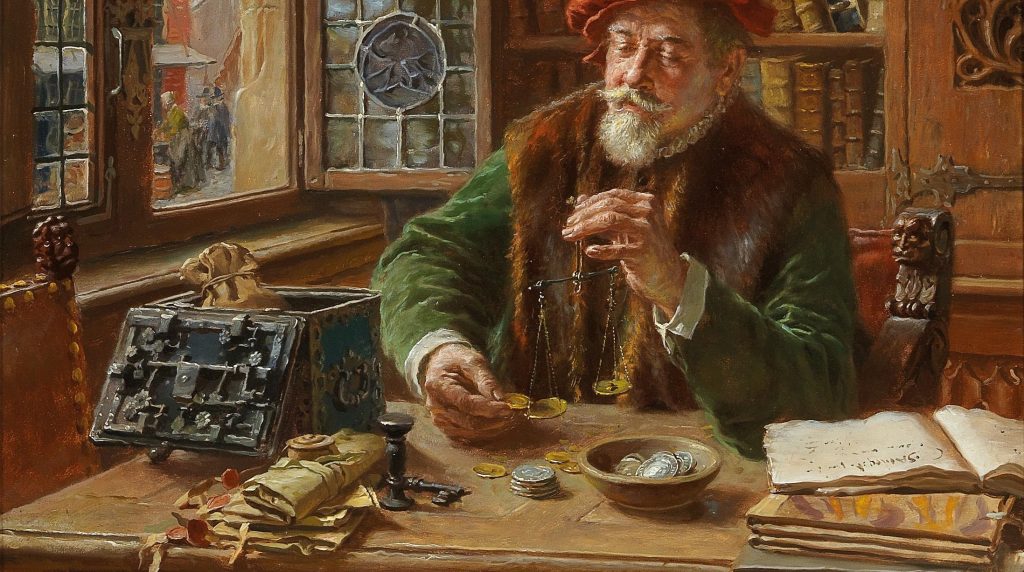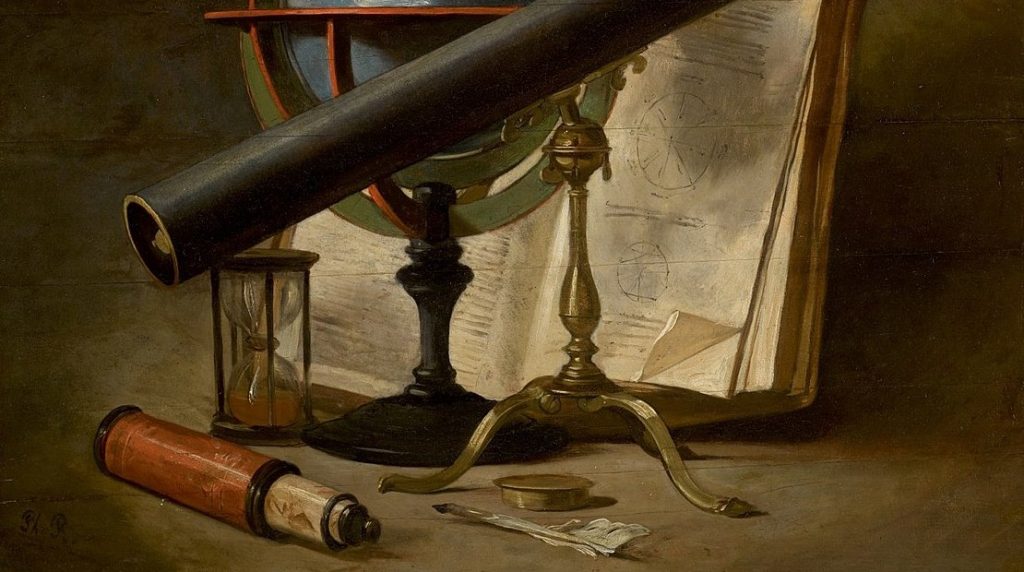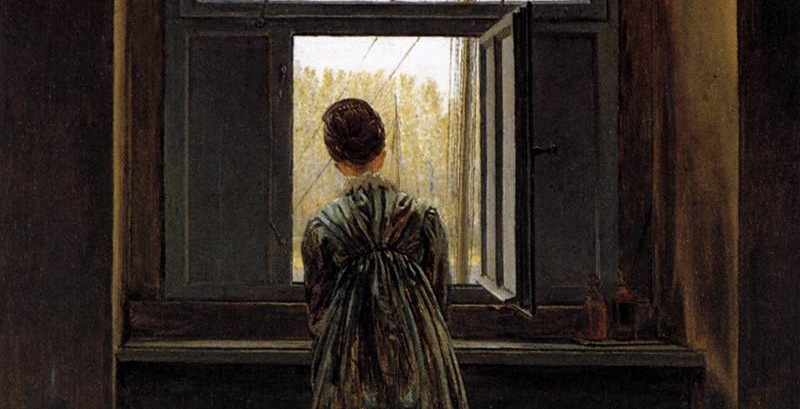
Immigration Is Not Threat To The Czech Economy; It Keeps It Running
In debates over immigration, one key fact often gets lost: the Czech Republic needs foreign workers. Without them, the economy would stall. The Czech labor market is tight. Unemployment has hovered near record lows for years—around 3% or less, one of the lowest rates in the EU. That might sound like good news, but it hides a structural problem: there are simply not enough people to fill the jobs.












